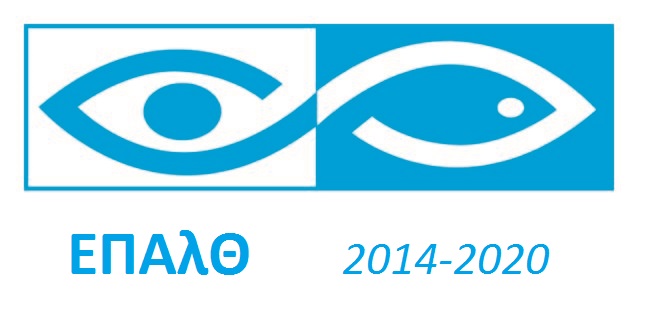INSECTS FOR AQUA
Title: Exploitation of organic residues from the central Athens market (Central Market and Fishery Organizations - CMFO SA), for the production of insect larvae protein with the aim of reducing dependence of the fishmeal in the fish feed of seabream and sea bass
Funding Source: EP Fisheries
Budget IMBBC: 239,255€
Start / End Date: 2018 - 2021
Project Progress: 100%
Research Directions:
Description:
The Project «Insects for Aqua» refers to the utilization of organic residues from the central market of Athens (Central Market and Fishery Organizations - CMFO SA) for the production of insect larva protein (insect meal) aiming to reduce dependence of the sea bream and sea bass fishmeal. Insects are now considered an innovative viable alternative source of protein for fish and can contribute to food security and the cyclical economy. The use of insect-meal in fish feed for farmed fish has recently been approved by the European Commission Commission Regulation (EU) 2017/893 of 24 May 2017. The main objective is to study the use of EU-authorized insect larvae such as Hermetia illucens and Tenebrio molitor in fish feed for farmed fish, investigating the effects on the development, the convertibility of fish feed and the immune preparedness of sea bream and seabass. At the same time, a plan for the utilization of organic wastes will be developed from the central markets controlled by CMFO. Only at CMFO 's facilities in Ag. Ioannis Renti, the amount of unused organic waste is about 3,300 tons a year. Organic residues of plant origin will be evaluated as insect larvae growth substrates and production protocols will be developed to integrate feed meal into fish feed. Insect-meal contain a large amount of high-quality protein, good amino acid composition, rich in certain essential amino acids, showing good digestibility.
The suitability of the produced insect meal and the degree of substitution of fishmeal in the ongrowing of sea bream and sea bass will be investigated with a view to achieving a balanced diet, good immunological readiness and satisfactory fish growth. At the same time, the conditions for optimal production of the two species of insects will be studied and will develop the processes of mass production of larval larvae. The project will make a holistic approach that focuses on the multilateral study of the responses of farmed animals and examine growth, nutrition physiology, metabolism, hematology, biochemical and immune responses as well as the quality of the final product. We will study the perceptions, beliefs and attitudes of consumers regarding the incorporation and use of insect-meal in commercial fish feeds and the development of different value propositions that will have the power to persuade consumers and can be persuasive about purchase of new products based on corresponding consumption benefits. Finally, a detailed technical and financial study will be carried out on the possibility of commercial production of insect meal for the substitution of fishmeal and an in-depth Business Plan for the exploitation of the results.
The aim of the Insects for Aqua Project is the thorough study of the utilization of unused organic residues from the Athens Central Market for the production of insect protein in order to reduce the dependence of seabream and bass from fishmeal. Organic waste from the Central Athens Market (CMFO) will be evaluated as larvae growth substrates for 2 species of insects, while insect meal production protocols will be developed for incorporation into fish feed at various percentages (5 to 30% substitution) and their evaluation as feed materials for sea bream and sea bass.
The rearing of organisms using insect flour is an innovative commercial activity for our country, mainly because there is no information in Greece about the new European legislative framework that supports it. However, in countries such as the Netherlands (with 30 insect farms), Germany, France and South Africa (where the largest breeders producer of insect protein is based), this farming process is already 40 years old. And the breeding of insects for animal feed or for human consumption in Asian countries has been measuring centuries.




